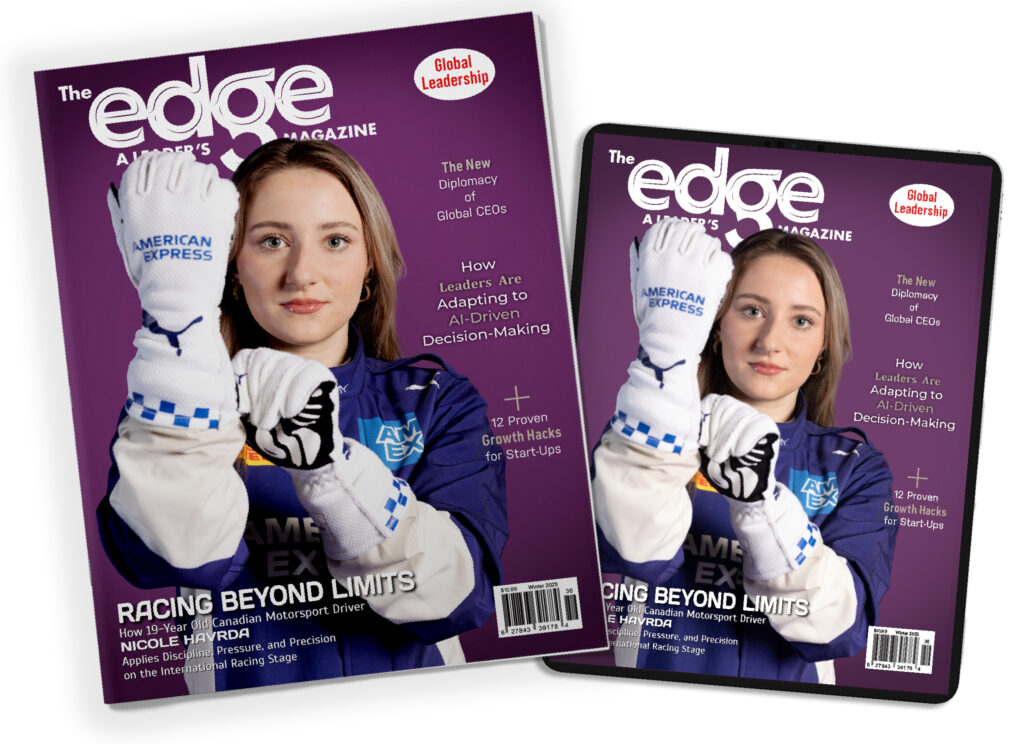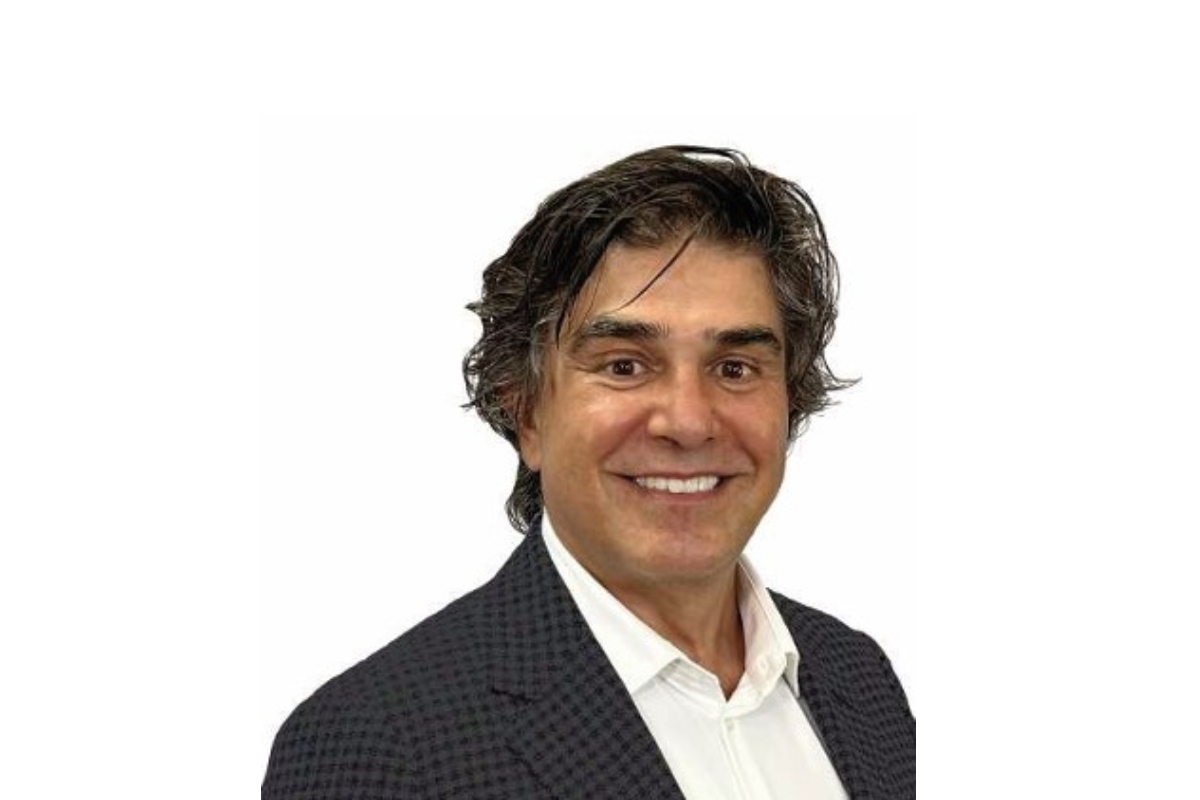Facebook’s Mark Zuckerberg famously once said, “Move fast and break things,” in 2009. As we all know, much has changed since then. Even Meta, the company formerly known as Facebook, is attempting to distance itself from that now-famous motto by changing or updating it to “Meta, Metamates, Me.” Have those appetizingly attractive “moving fast and breaking things” times drawn to a close, particularly in the tech start-up world? Certainly, it’s a very useful way of looking at things, but one that’s not always in the customer’s best interest. Since the rise of so-called “Conscious Capitalism” shifting focus away from the shareholder and bottom line, and placing an increased emphasis on the customer and employee—was a business model not always met with euphoric applause. It did, however, cause many companies to grow — and grow successfully. Whole Foods Market is a perfect example. In 1980, Whole Foods was a tiny store in Austin, Texas, that next to no one had heard of. Doubling down on its desire to serve the customer, it has grown into a world leader in organic and natural foods, with over 500 retail and nonretail stores in the U.S., Canada, and United Kingdom.
Is the Clock Ticking on Tech Start-Ups?
Don’t be seduced by a quick fix; they’re called schemes for a reason. Though speed and efficiency may be useful for start-ups going through the necessary regulations — dotting the i’s and crossing the t’s, as the expression goes — is not just necessary; it’s both beneficial and often integral to success. Aside from avoiding the obvious broken test tubes scenario, taking your time is especially important when it comes to start-ups focused on healthcare. Though Zuckerberg’s motto had (and in some cases, still has) its uses, entrepreneurs in the healthcare industry have a legal and ethical responsibility to the patients who use their products and services. Whether it be healthcare or otherwise, the core of start-ups should be centred on their value, not simply to the board but to the user. Buzzwords like “transparency,” “fun,” “innovative,” and “accountability” are certainly attractive, but in the same way that word-of-mouth is arguably the most effective form of advertising, it’s when people see your company as something special and tell others that you’ve truly accomplished something. In other words: show, don’t tell.
Move Slower and Keep Things Intact
Aside from creating a greater risk of error, moving too fast can cause you to miss important issues that might adversely affect your company or start-up. On the surface, Meta’s look and slogan seem more about, as Zuckerberg said, “Being good stewards for our company and mission.” However, this so-to-speak “rebranded window dressing” doesn’t fully erase the memory of Facebook’s numerous privacy, misinformation, and harmful content scandals. Other potentially harmful issues for fast-moving and quickbreaking start-ups include less direction as well as “tech debt.” When less direction is applied, it creates a scenario whereby projects can derail much easier than they might have if there had been a clear plan of action or sense of direction. So-called “tech debt” arises when what initially seemed a great idea — moving quickly and finishing several small projects, thereby giving everyone a boost in energy — goes south. Not only can this rapidly lead to employee burnout, if enough small victories aren’t achieved during the process, then employee morale can suffer greatly. As the “tech debt” accumulates or compounds, friction can be created between teams due to the frustration of those who have to go back and deal with all the issues that now exist.
At What Cost?
Shortcuts are often the quickest way to reach a goal. However, shortcuts can also be the quickest way to catastrophe. The difference is in how you approach them, thereby turning best intentions into best practices. Many experts feel that the era of “moving fast and breaking things” is now over. Out of necessity, “minimum viable products” are being replaced by what have been termed “minimum virtuous products.” These new offerings are products that not only test for the effect on stakeholders (not shareholders), but also built-in guards against potential harms. Perhaps it’s time to slow down a little and direct our cumulative attention on what we already have. Hemant Taneja of General Catalyst said, “In the wake of the Facebook scandal, the public is less tolerant of tech start-ups that ignore the societal ramifications of their innovations; and that venture capitalists should analyze not only for market size and product liability, but for whether founders show sufficient foresight and concern about the unintended consequences of the ideas they are pursuing.
Faster Isn’t Always Better
Look no further than the timeless fable of the tortoise and the hare. Rushing in order to get ahead of your competition is certainly admirable and potentially useful, but (to use another oft-cited expression) “measure twice, cut once.” Don’t speed up procedures thinking it will increase productivity. Zuckerberg’s expression was a wonderful mantra back in the aughts. But nowadays, successful start-ups concentrate on improving how they deal with and can better help or service the evolving needs of the public — as opposed to simply getting what they want from the public, regardless.
Peter Campbell | Contributing Writer



















